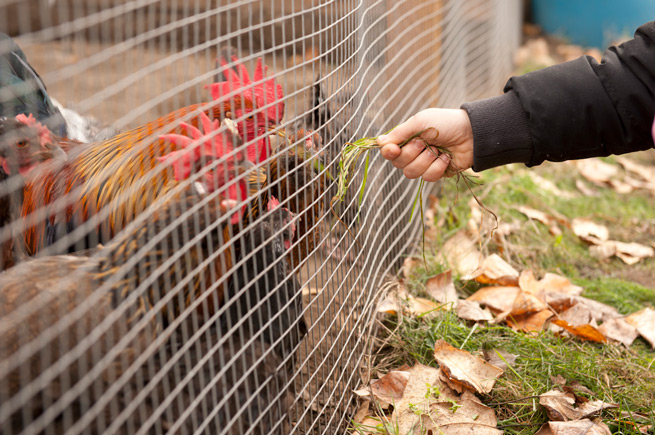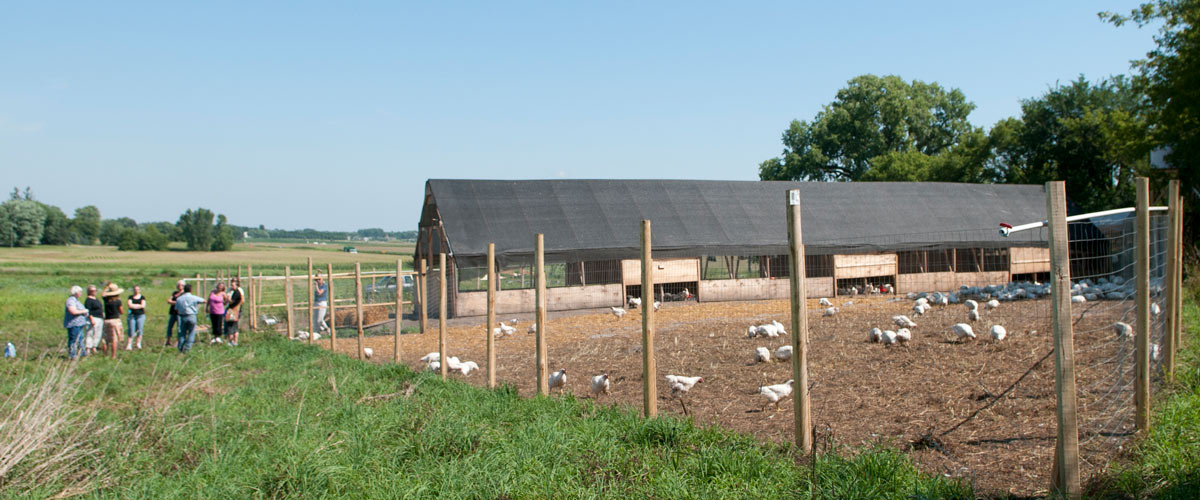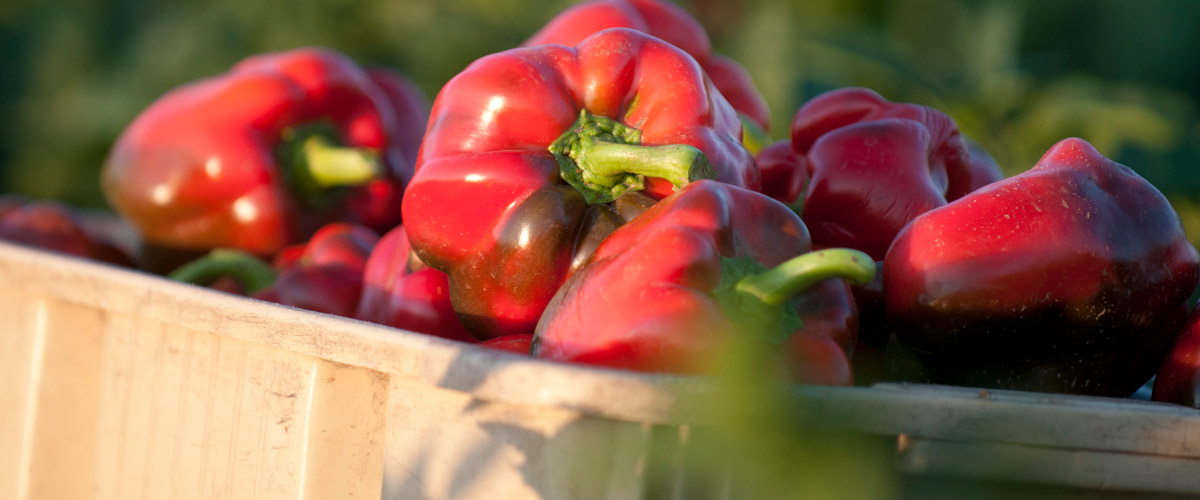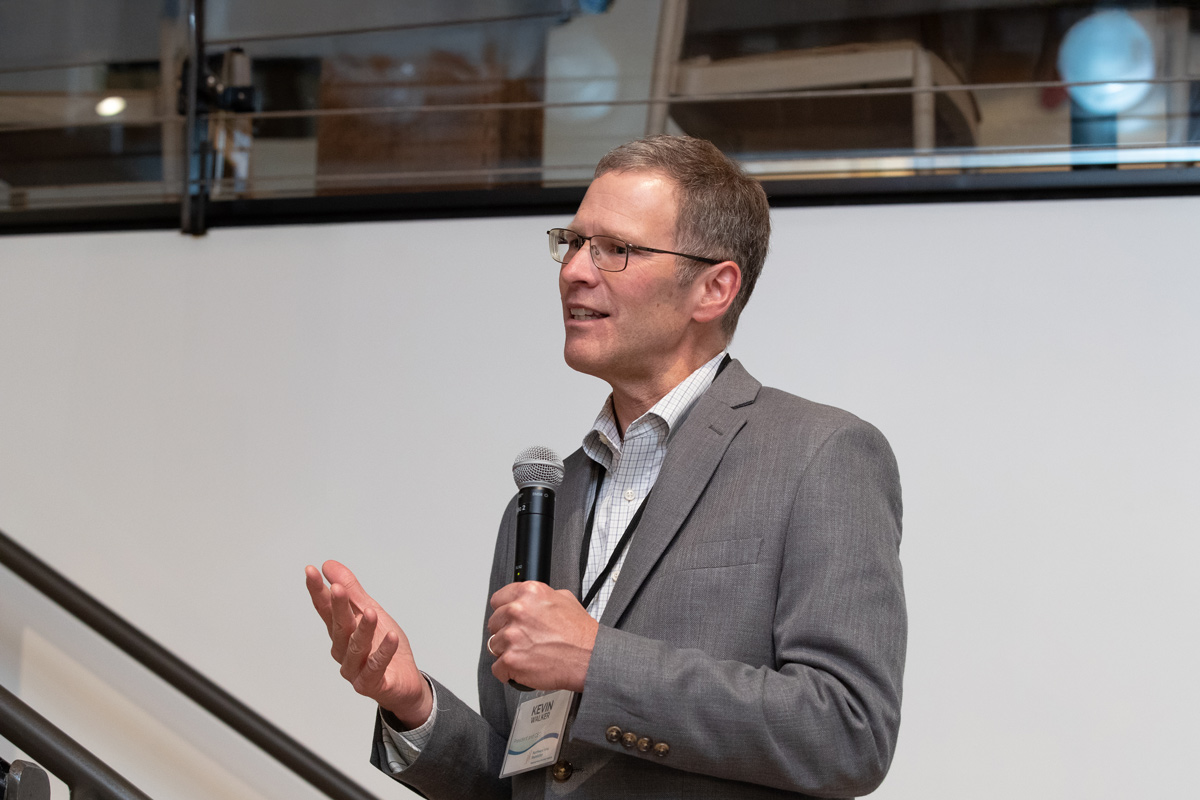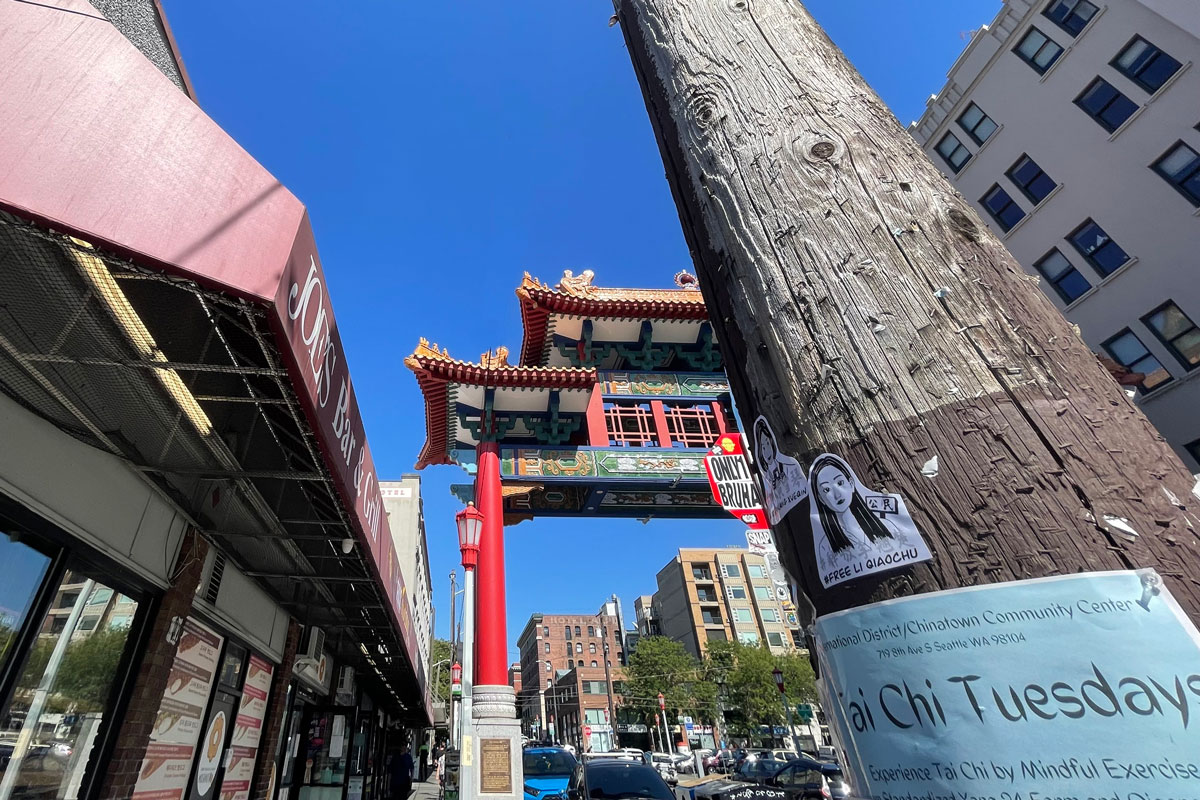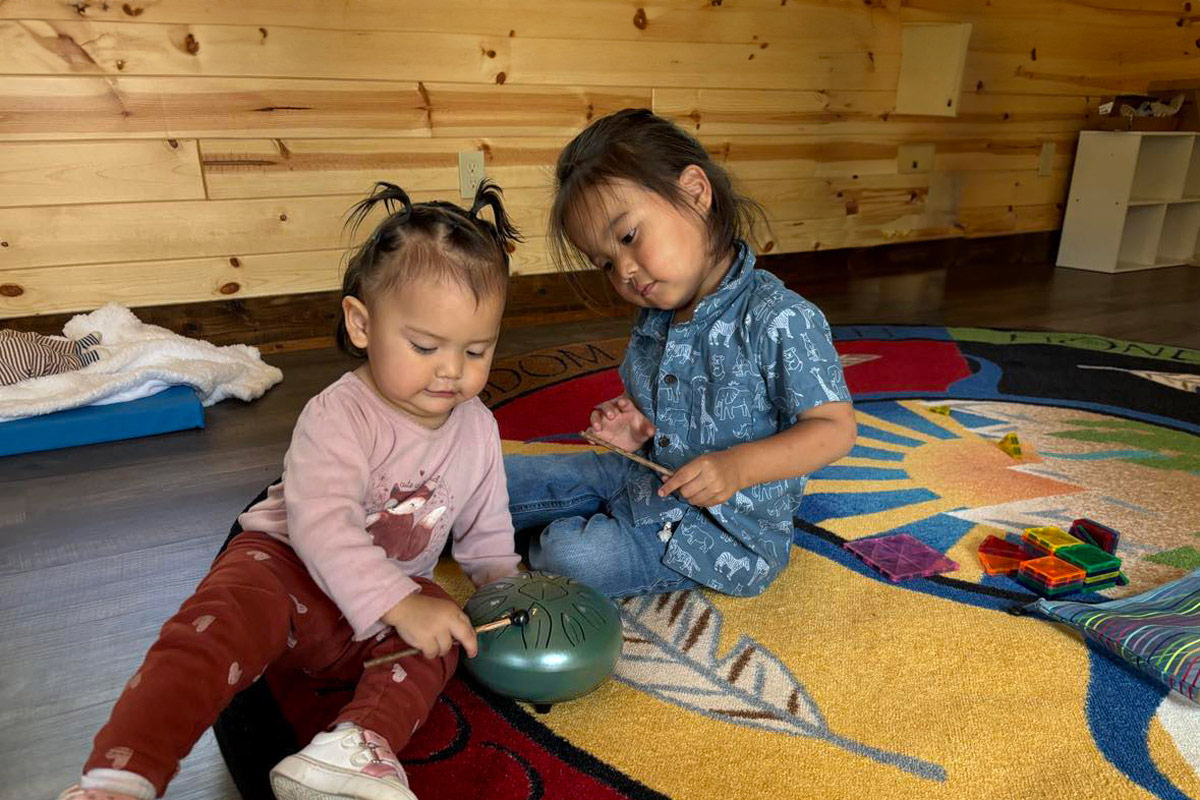This quarter, we awarded more than $3.7 million to 33 grantees that are advancing good jobs and financial capability in our region.
A significant portion of this quarter’s grantmaking supported entrepreneurs through grants to nonprofits in rural communities. We’re highlighting three grantees that promote community-based economic opportunity by rethinking food systems—from production to plate—and putting workers at the helm.
Main Street Project brings farming back to individuals.
Main Street Project of Minnesota is revitalizing rural communities by introducing regenerative agriculture. This powerful farming model shifts away from industrial farming practices and, in turn, favors low-income workers and the environment.
With a $500,000 grant, Main Street Project will provide training and development skills for agricultural workers who are starting sustainable, community-based poultry farms. Main Street Project’s aim is to build pathways to economic and ecological strength by:
- Creating a new generation of self-sustaining farmers
- Reinvigorating the land
- Bringing wealth and food security to rural communities
See Main Street Project’s website for more »
Equitable Food Initiative helps improve farmworkers’ wages and work conditions.
Seasonal farm laborers endure not just the lowest wages, but some of the most dangerous conditions of any occupation. In Washington state, Equitable Food Initiative (EFI) is working to combat the harmful labor culture around apple and cherry harvesting. EFI is utilizing a $225,000 grant to establish a labor model that empowers workers to collaborate with management in creating safe, stable, and dignified working environments.
Center Pole sparks entrepreneurship and cultural learning for Native youths through farming and food service.
Awarded a $150,000 grant, Center Pole is providing workplace readiness and employment experience to Native American youths on the Crow Reservation in Montana. Center Pole is helping young people start to see themselves as entrepreneurs and creators of their own economic future. Job skills and cultural learning are emphasized as youths work at social enterprises in the community that take food literally from production to plate: a café, a coffee wholesaler, greenhouses and fields for Native medicines and food, a food sovereignty project, and more.
See Center Pole’s website for more »

